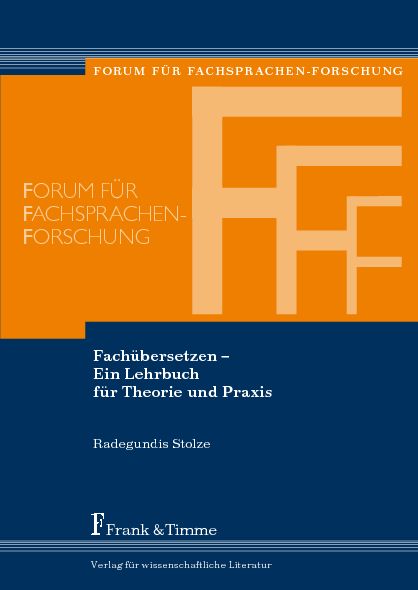Zum Inhalt
Ein Menschheitstraum scheint sich zu erfüllen: Die Übersetzungsmaschine verheißt, die babylonische Sprachverwirrung endgültig aufzuheben. Jederzeit steht sie als kommunikative Prothese zur Verfügung – beim Restaurantbesuch im Urlaub, im Gespräch zwischen Arzt und Flüchtling, bei humanitären Hilfsaktionen. Doch je weiter der Siegeszug der Maschine voranschreitet, desto mehr zieht sich die Translationswissenschaft auf den Menschen zurück. Sie flüchtet sich ins translatorische Subjekt.
Tomasz Rozmysłowicz stellt sich der maschinellen Übersetzung durch eine (Selbst-)Kritik der Translationswissenschaft. Mittels einer theoretischen Re- und Dekonstruktion der Humantranslation entwirft er am Szenario der radikalen Übersetzung eine Perspektive, in der die maschinelle Übersetzung zum genuinen Gegenstand translationswissenschaftlicher Forschung wird.
An old human dream seems to be coming true at the moment. Translation machines promise to finally eliminate the Babylonian confusion of languages by acting as a communicative prosthesis in all possible situations: When going to a restaurant on holiday, during a conversation between a doctor and a refugee, during humanitarian aid operations. But the more the machine advances, the more translation studies withdraws to the human agent of translation. It takes refuge in the translatorial subject.
This work confronts the challenge of machine translation through a (self-)critique of translation studies. By means of a theoretical re- and deconstruction of human translation, and against the backdrop of Quines' radical translation, it develops a perspective in which machine translation can become a genuine object of translation research.








